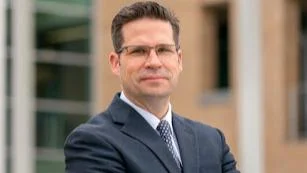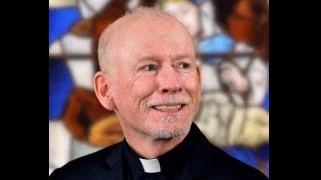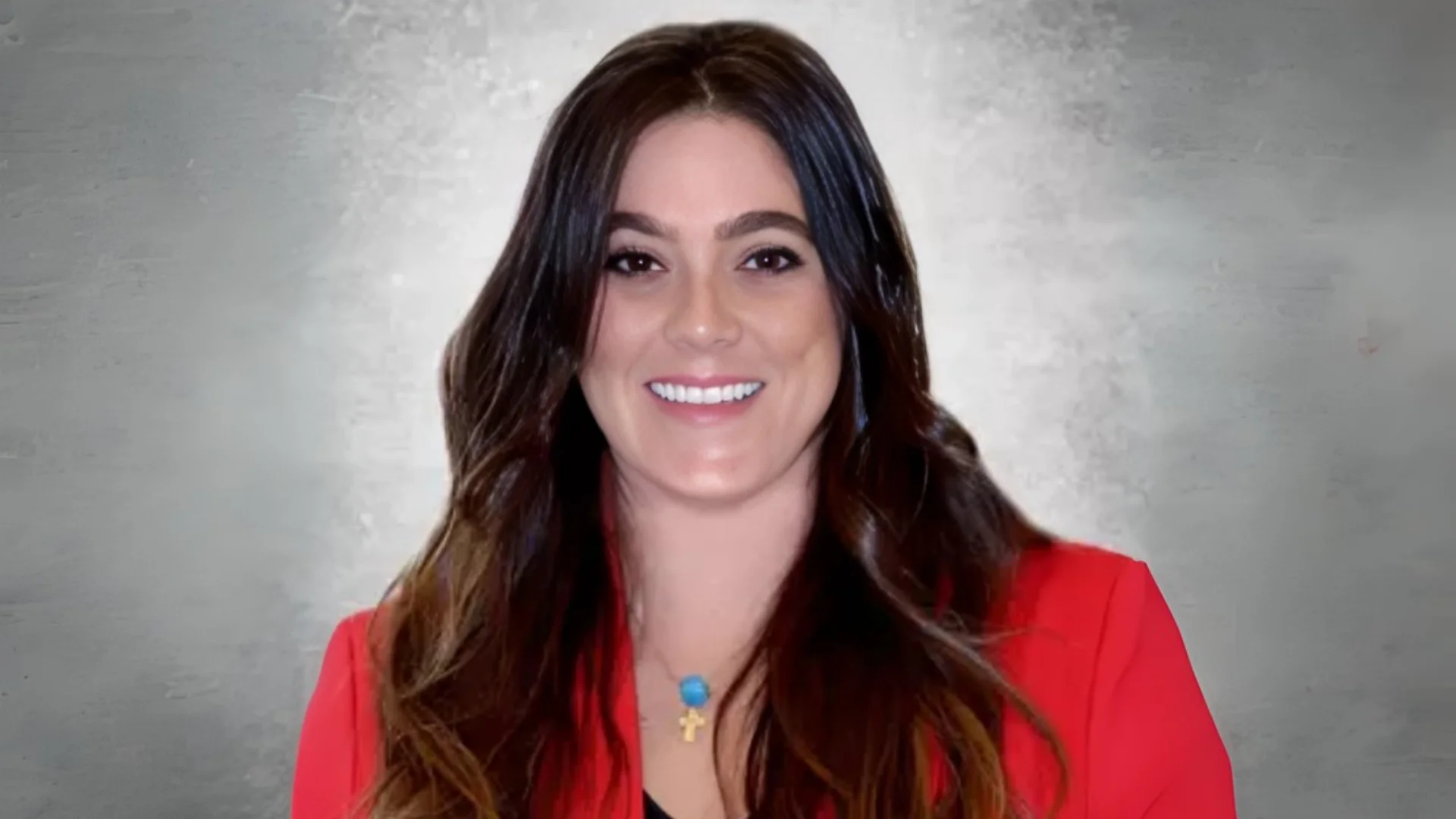
President Jonathan J. Sanford, Ph.D. | University of Dallas website
Dr. Irene Alexander, associate professor of theology at the University of Dallas, has focused her recent research on the topic of brain death and its implications for Church teaching and bioethics. Her interest in this area began after joining a bioethics study group with other scholars, including Dr. Katherine Nolan and William Stigall, M.D., MA ’09, an adjunct professor at UDallas.
Alexander participates in a monthly online Colloquia of Catholic Scholars where she discusses scholarly papers with others experienced in both science and philosophy as they relate to brain death. She emphasized the importance of collaborative thinking: “We advance through community with others and thinking through things together,” Alexander said. “So I’ve been trying to do that in various groups, either with my students or other scholars in the field.”
In September 2019, Alexander published an article titled “Humility before New Scientific Evidence: We No Longer Have Moral Certainty that ‘Brain Death’ Is True Death” in The Linacre Quarterly. The article examines how new scientific findings should influence the Church’s moral teachings regarding brain death.
Alexander noted that some aspects of Church teaching depend not only on faith but also on current scientific knowledge. As such, these teachings may need to change as science advances.
She referenced a statement from Pope Saint John Paul II in 2000 about neurological criteria for diagnosing death—a subject reviewed by a special pontifical commission. The statement clarified that while the Church defines death as the separation of soul from body resulting in bodily disintegration, it does not determine which medical signs are sufficient for diagnosing death; instead, it relies on up-to-date evidence from medical science for ethical decisions about death.
“Because there have been updates in the science, it seems like there need to be people who are rethinking this anew,” Alexander said. “What does the data mean? And therefore what kind of ethical judgments should we make going forward?”
She pointed out a shift away from viewing the brain as the sole integrator of bodily functions due to cases where patients declared brain dead still exhibited temperature regulation, wound healing, immune defense and even pain response—signs indicating continued bodily integration. This evidence leads her to argue for reevaluating whether brain death truly constitutes biological death.
Alexander is preparing another article on this subject, commissioned by the National Catholic Bioethics Center after their February 2025 symposium on brain death. The forthcoming publication will examine how conclusions about brain death have developed over recent decades and why those conclusions now merit reconsideration based on new evidence.
“I tend to be interested in topics that are not fully settled, where there are still intellectual questions, because it seems like there needs to be a lot of really good thinking and analysis of them in a way that would serve the Church and the world,” Alexander said. “I gravitate toward trying to understand the complexity of certain things and then see how we make good judgments about them.”
Her advanced bioethics course at UDallas provides opportunities for further exploration as classroom discussions often generate new questions relevant to her ongoing research.






 Alerts Sign-up
Alerts Sign-up